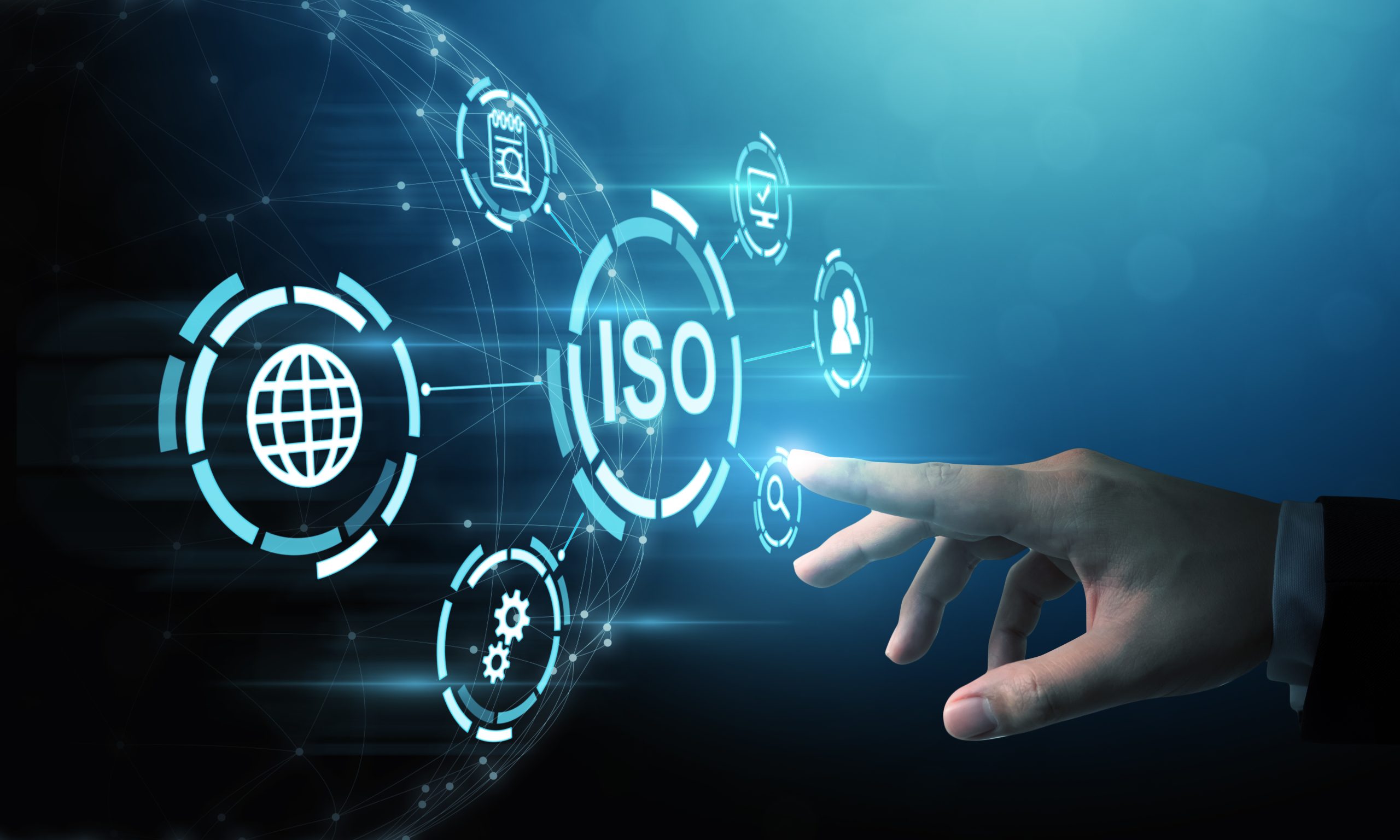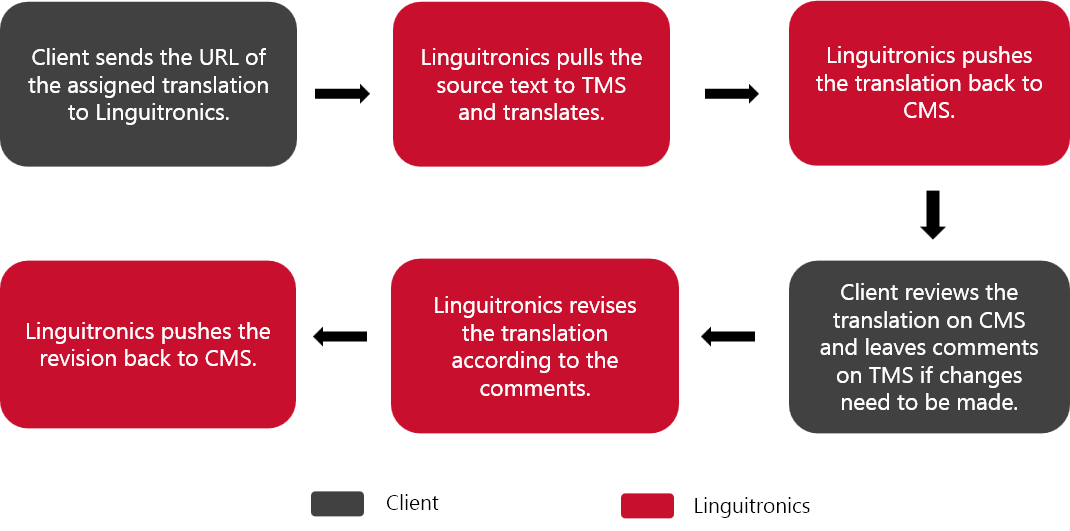All You Need to Know About ISO 17100
2025.09.16The world has undergone a massive transformation, and numerous technologies have made it easier for us to engage in various activities. Today, many businesses are expanding overseas to boost their market potential through translation service providers.
ISO 17100 certification offers significant benefits for buying and providing translation services. Translation service providers gain enhanced credibility, streamlined work organization, a competitive edge, and higher service quality. Clients benefit from accurate, reliable, and efficient translation services.
To make it easier to understand this standard, we’ll discuss everything you need to know about ISO 17100, which will help you make the right decision when choosing a translation partner. We will start by explaining what ISO 17100 means and then go into more detail about it.
What Is ISO 17100:2015?
Published in 2015, ISO 17100 is an international standard developed to assist translation service providers in delivering high-quality work to their clients. Application of this standard to their translation services will not only strengthen their business but also help provide quality translation services.
However, ISO 17100 does not apply to interpretation. This means it doesn’t apply to activities whereby you use spoken information to render services to your clients. It is only applicable in cases where the human translation is applied in the written text to engage your target audience. Nevertheless, a translation process like MTPE (Machine Translation Post Editing), for instance, is beyond the scope of ISO 17100.
ISO 17100 serves as an industry standard to ensure high-quality translation by specifying relevant requirements; checking whether a translation services company follows these principles is always a good first step. At Linguitronics, we have been taking our translation services to the level required by ISO 17100 to meet these industry best practices.

Who Is ISO 17100 For?
This guideline primarily applies to translation service providers. It is a tool that helps them provide their customers with high-quality translations. Keep in mind that companies that do not follow this standard can still produce high-quality work. As a professional translation service provider, Linguitronics has been following the ISO 17100 standard since 2015.
When hiring a translation service provider, choosing an ISO‑certified agency simplifies your search. You can trust that they follow a proven method to deliver consistent, high‑quality results.
ISO 17100 plays a crucial role across various industries, especially in sensitive fields such as healthcare and legal documentation. For example, ISO 17100-certified medical translation services are essential when translating clinical trial documents, patient records, or regulatory submissions. These translations require both linguistic accuracy and subject-matter expertise—something ISO 17100 certification helps guarantee.
Why ISO 17100 Is Essential in an AI‑Driven Translation World
In an era where machine translation and AI tools dominate, ISO 17100 provides a human‑centered quality framework that AI alone can’t replicate. It defines clear roles, processes, and checkpoints—ensuring every output is reviewed by qualified linguists. By combining AI efficiency with ISO‑mandated human oversight, you get scalable volumes without sacrificing accuracy or context. That makes ISO 17100 indispensable for reliable, context‑sensitive translation in AI‑driven workflows.
Does ISO 17100 Cover Quality Requirements?
No. It is only an approach that focuses on the translation process. It does not define quality but creates conditions for achieving quality by following its defining procedures.
What Process Does ISO 17100 Cover?
The ISO standard aims to provide solid work. As a result, when businesses hire ISO 17100 translation service providers, they have a high level of confidence because they think a reliable management system is in place. This means that the translation providers meet all the requirements for producing quality translations. So, steps are taken to accomplish this goal.
・Resources or Qualifications
One of the requirements regarding the qualifications of translation work is that every translator must have a recognized graduate certificate issued by the government. We all know it takes a lot of practice and experience to perfect translation. So, these agencies must pass a test that examines their level of expertise in that field because it will help them understand and know how to deal with any issues that may arise.
・Pre-Production Production
According to this ISO standard, a collaboration between translators, including the project managers, editors, and clients, is essential to deliver successful work rather than relying on translators alone. So, before the start of the process, the project manager will implement a plan to satisfy the client’s needs. This includes the extent of quality assurance, target audience, and any additional resources needed to carry out the translation.
・Production
The project manager will focus on the translation project at this level, allowing the client and the translator to work together. The translation will be done by someone fluent in both the source and target language. After the translation is completed, the work must be reviewed
・Feedback Process
Another requirement of the ISO standards is the feedback process. It states that there should be a procedure for managing the client’s feedback. This will be used to assess the quality of the translation and the level of client satisfaction.
・Data Protection
Last but not least, ISO 17100 is a recognized standard that protects clients from data security problems. For instance, it clearly states that all translation service providers must meet up with the data protection requirements before translation because sometimes it involves sensitive information from the client.
What Are the ISO Requirements for Translation Service Providers?
For a translation service provider to be recognized as one that practices the ISO 17100 procedure, it must comply with the following rules:
- They must have translation vendors who execute core processes and manage resources to fulfill the obligations to the clients.
- The company must have a minimum educational standard for translators working in the industry.
- The availability, management, and use of resources and technologies.
- They must provide both privacy and data protection.

What Are the Three ISO 17100 Qualification Requirements for Professional Translators?
To meet the requirements needed for ISO 17100, the translation professionals must achieve at least one of the conditions listed below:
- They must have a certificate in translation or a degree that shows they have gotten extensive translation training from a reputable higher institution.
- They must have attained a certificate in other fields from a reputable higher institution and have a minimum of two years of translating experience.
- They should have five years’ worth of professional translating experience.
What Are the Benefits of ISO 17100?
ISO 17100 helps translation providers work with a standard that ensures they deliver quality translated text. When hiring a translation service provider, it can be challenging to compare various companies in the industry.
However, using an ISO-certified agency would spare you the burden of looking for the best translation provider because you already know they employ a method that assists them in providing what you need.
The translation service provider can work with tools like Translation Management System (TMS). TMS is an automated software that ensures that translators deliver good results by improving translation speed, quality, and consistency. It allows the translation provider to have a digitalized method of collecting, storing, and accumulating previous translations that helps translators produce good work.
TMS has a function that keeps track of past translations. This function is known as translation memory (TM) . The good thing about translation memory is that it saves you time by avoiding the need to translate from the beginning. For instance, when translating new text, you can compare it to any sentence you’ve translated before in the translation memory. This makes things easier for translators because they don’t have to start from scratch if there is matching text.
Additionally, it improves data protection by managing language assets such as TM and TB (termbase, i.e. terminology). The metadata of each entry in the database could be checked and monitored. This means every access and change of the data is transparent.
Whether you’re looking for certified document translation services or specialized translations in regulated sectors, partnering with an ISO 17100-certified provider ensures that your materials are handled with precision, confidentiality, and compliance in mind.
Why Work With Linguitronics?
With over 30 years of experience in translation and interpretation services, we are dedicated to satisfying our clients with our work. We believe in transparency and have different methods of achieving success. Long before ISO 17100 was published, our team had begun to execute the best practices discussed above. Today, Linguitronics is one of the top 100 global language service providers and is known for delivering satisfactory results. So, what are you waiting for? Reach out to us today, and let’s show you how we can help your business grow.
Contact Us Now
More Insights

Transcreation and Why It Matters to Your Business Capabilities

Managing Multiple Languages like a Super Admin: the Power of CMS and TMS

